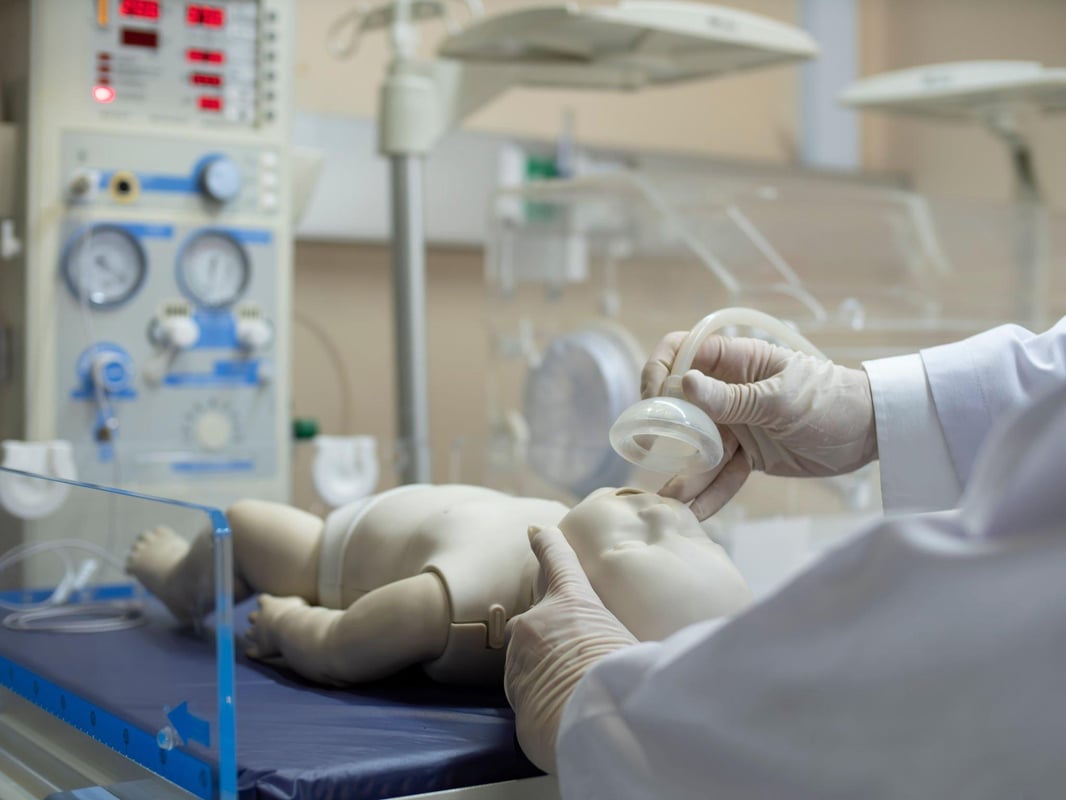How Long Does It Take to Become a Pediatric Nurse?

Pediatric nursing is a specialized field within the nursing profession that focuses on providing healthcare to infants, children, and adolescents. Pediatric nurses work in a variety of settings, including hospitals, clinics, schools, and private practices. They are responsible for assessing patients, administering medications, providing treatments, and educating patients and their families about their health conditions.
Pediatric Nurse Training Requirements
In addition to completing a certification program, there are some other requirements that aspiring pediatric nurses must meet. These may include:
-
A minimum number of clinical hours: Certification programs typically require a certain number of clinical hours to ensure that students gain hands-on experience working with pediatric patients.
-
Continuing education: Once certified, pediatric nurses must participate in continuing education courses to maintain their certification. This ensures that they stay up-to-date with the latest advancements in pediatric healthcare.
-
CPR certification: Many certification programs require pediatric nurse candidates to obtain CPR certification before starting the program.
How to Get a Job After Classes
Once you have completed your certification program and become a certified pediatric nurse, the next step is to find a job in the field. Here are some tips to help you get started:
-
Network: Reach out to your professors, classmates, and other professionals in the field to let them know you're looking for a job. Networking can often lead to job opportunities that may not be advertised publicly.
-
Research job openings: Check online job boards, hospital websites, and professional nursing associations for job openings in pediatric nursing. Many hospitals and clinics also have career pages on their websites where you can submit your resume and apply for positions.
-
Tailor your resume and cover letter: Highlight your pediatric nursing experience and skills in your resume and cover letter. Be sure to include any relevant certifications and clinical experience.
-
Prepare for interviews: Research common interview questions for pediatric nursing positions and practice your responses. Be prepared to discuss your experience working with children and your knowledge of pediatric healthcare.
-
Follow up: After submitting your application or completing an interview, send a follow-up email or thank you note to express your continued interest in the position.
Final Thoughts
Becoming a pediatric nurse is a rewarding and fulfilling career choice for those who have a passion for working with children. While the journey to becoming a certified pediatric nurse may take several years of education and experience, the opportunity to make a positive impact on the lives of young patients is well worth the effort. If you're considering a career in pediatric nursing, take the time to research certification programs and explore the resources available to help you achieve your goals.
Dreambound's extensive guides dig into the specific requirements and challenges that are different for each state in the US. Check out some of our other guides below:
- How to Become a Pediatric Nurse in Arkansas
- How to Become a Pediatric Nurse in Illinois
- How to Become a Pediatric Nurse in Mississippi
- How to Become a Pediatric Nurse in North Carolina
- How to Become a Pediatric Nurse in Virginia
Thinking about making a career switch? Dreambound has written thorough guides to help you understand different options available to you.





